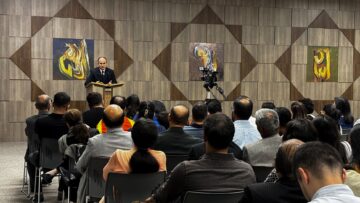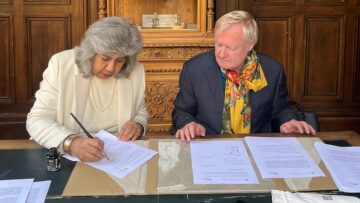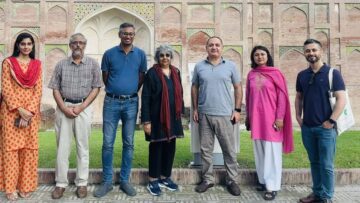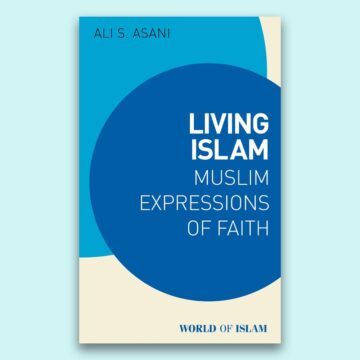Map of Tajikistan from The Times Atlas of the World, by permission of UNEP GRID-Arendal.
Over the past six years, the seminars have addressed a variety of themes relevant to contemporary society in the country and have brought together scholars from Tajikistan and the IIS, engendering a space for dialogue on topics of common interest and concern.
This year’s seminars were held in two cities: a three-day seminar at Khorog State University in Gorno Badakhshan and a one day seminar in the capital city of Dushanbe at the United Nations Development Programme Conference Hall. The seminars attracted scholars, writers, educators, representatives from various international organisations, students and members of the local Ismaili community from across the regions of Badakhshan, including Vanj and Darvaz.
Presentations were delivered on a wide range of topics, ranging from the relationship between faith and intellect in the thought and works of Nasir Khusraw, al-Shahrastani and Ibn Rushd to treatments of the theme within contemporary contexts, exploring the application of reason to Islam and how the ethos of al-Farabi, al-Ghazali and Tusi could be integrated into the public domain within the context of a modern culture of rights, pluralism and ethics.
Dr Nouraddin Allahdini, head of Project Tajikistan, in his closing speech referred to the parable of Moses and the Shepard from the Mathnavi of Jalal al-Din Rumi and emphasised the significance of personal religious experience, its articulation and its relationship to one’s own knowledge of the world in which we live.
Previous themes addressed by the annual seminars have included “Spiritual Traditions in Islam”, “Diversity in Muslim Societies” and “Islam and Ethics”.






